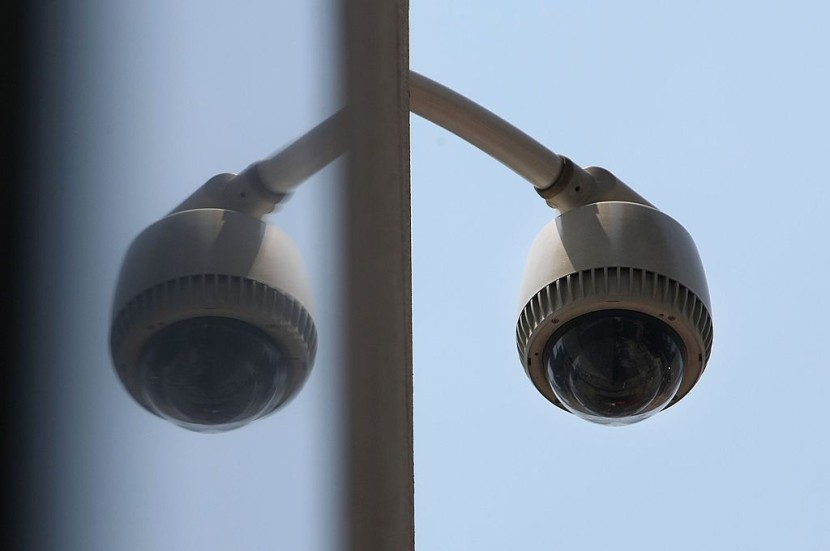China's new anti-espionage law is very concerning for foreign businesses and even the country's citizens. Concerns regarding this legislation arose after Beijing updated it in 2023.
The Chinese government's adjustments expanded the surveillance law to include any data, materials, documents, and other items related to national security and interests.
China's New Anti-Espionage Law

The Conversation reported that the Chinese anti-espionage law recently only prohibited intelligence and state secret leaks. But, as the Asian country's rivalry with the U.S. and its distrust of the Western-led international order intensified, Chinese officials decided to update the legislation.
One of the most concerning rules in this anti-espionage legislation is that it allows officials to access people's social media accounts and emails on electronic devices.
Analysts said that this enables the Chinese government to target Westerners in the country and attack Chinese nationals who they believe are working for foreign organizations and companies.
Even Chinese residents who only interact with foreigners can be targeted. Aside from this, the bounties related to the anti-espionage law also concern many people.
In August, China launched a new national campaign to reward those who can report suspicious individuals or suspected espionage activities to Beijing. This program will offer over $68,000 to people who can assist China's anti-espionage effort.
As of writing, the surveillance issue in China is worsening. For example, sources said that posters with a hotline number for reporting suspicious activities and red banners encouraging people to report suspicious individuals are becoming a thing in public.
US Alarmed by China's Anti-Espionage Law

Reuters reported that the US government raised concerns over China's anti-espionage law. Officials said they have been closely monitoring how Beijing expands its anti-spy legislation.
"We do have concerns over it, certainly encouraging citizens to spy on each other is something that's of great concern," said Matt Miller, the U.S. State Department spokesperson.
"We do have concerns over it, certainly encouraging citizens to spy on each other is something that's of great concern," he added.
China started declaring that the Western nations, especially the United States, were spying on the Asian country when Beijing was accused of cyberattacks and espionage.
© 2026 HNGN, All rights reserved. Do not reproduce without permission.








